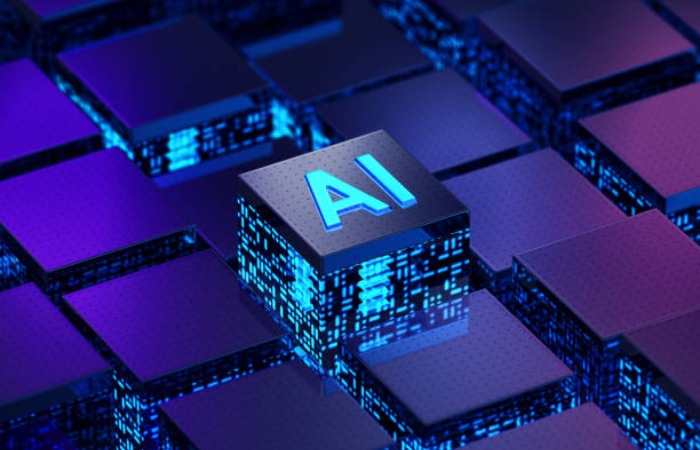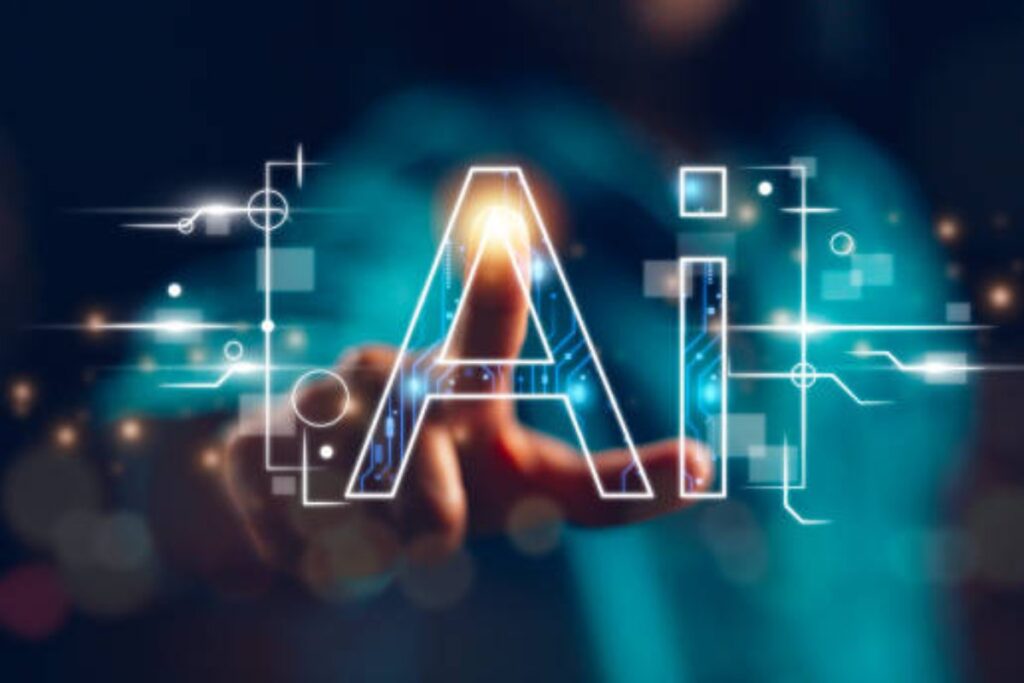As we all know, AI & the future of work helps us more now and in the future. AI can do many things in the future, such as replacing significant amounts of work with shortcuts. While no one understands how artificial intelligence will impact jobs, we can all agree that it is disruptive. So far, many have attributed this delay to adverse impacts and expect a future in which robots take over responsibility for humans.
This is one way to see it. Second, automation may create more jobs than it replaces. Using new tools for entrepreneurs can also lead to new business lines that we cannot imagine today.
Gartner predicts that by 2020, AI will create more jobs than it displaces. In addition to creating new publications, AI will help people do their jobs better. At the Ecosphere Economic Forum in Davos, Accenture’s chief technology and innovation officer, Paul Dougherty, summed up this concept: “Human plus machine equals superpowers.”
For several reasons, the optimistic view is probably more realistic. But AI’s ability to transform work is far from certain. In 2018, workers were not adequately prepared for their future. The algorithms and data behind AI are also imperfect and do not reflect the diversity of the society it is meant to serve.
How AI Could Nurse Jobs AI & The Future of Work

While AI will undoubtedly replace some jobs, this shift occurred long before AI took hold. Over the last century, we have seen the disappearance or decline of employment for travel agents, switchboard drivers, milkmen, elevator operators, and bowling pinsetters. Meanwhile, new jobs, such as app developers, social media managers, and data scientists, have emerged.
Trainers
Chatbots have recently emerged as a new communication channel for brands and customers. It’s no secret that they are often stubborn and give inadequate answers. For example, we might respond: “It’s raining again. Great,” and people will understand the sarcasm. But there is no car.
Understanding language is an element of improving chatbots. Another thing is empathy. A new wave of startups is introducing emotional intelligence into chatbot-based communications.
Explainers AI & The Future of Work
Trainers create the human element in artificial intelligence systems, and explainers will bridge the gap between the new policy and its social managers. Senior executives, for example, are uncomfortable basing judgments on black box algorithms. They will need explanations in plain English, provided by a human, to ease their concerns.
Law is another reason. The EU’s General Data Protection Regulation, which came into force this year, provides for a “right to explanation.” This means that consumers can question and challenge any algorithmic decision that interests them.
Such explanations will show “showdown” when machines fail. They will also check for violations and help you avoid similar mistakes in the future.
Empowering Artisans, Business And Industry
Instead of replacing workers, AI can become a tool to help employees work more efficiently. For example, a call center agent can instantly get information about the caller’s needs and do their job faster and better. This applies to both companies and industries. Another example is that in life sciences, Accenture uses deep learning and neural systems to help companies bring treatments to market quickly.
In addition to helping struggling businesses, AI can create new ones. Such new companies include digitally enabled elderly care, AI-powered agriculture, and AI-powered sales call monitoring.
By 2020, artificial intelligence (AI) will create more jobs than it destroys. There will be new jobs and new ways of working. All employees will be affected, some more than others. Two main driving forces will determine how AI will genuinely change how we work: human perception and technological inclinations.
FAQ
How is AI changing the workplace?
AI automates tasks, improves decision-making, personalises customer service, and increases industry productivity.
Will AI replace human jobs?
While AI will automate some repetitive work, it will create new opportunities by transforming roles and allowing workers to focus on more strategic tasks.
What types of jobs are most at risk from AI?
Jobs that involve routine tasks, data entry, and simple decision-making, such as administrative work and some customer service roles, are most likely to be automated.
What new job opportunities will AI create?
AI will drive demand for roles such as AI specialists, data scientists, cybersecurity experts, machine learning engineers, and AI ethicists.
How can employees future-proof their careers in the face of AI automation?
Workers should develop interpersonal skills, learn AI-related technologies, improve critical thinking, and adapt to new digital tools.
Which industries will be most affected by AI?
AI is impacting sectors such as healthcare, finance, manufacturing, retail, logistics, and education by streamlining operations and decision-making.
How will AI change collaboration in the workplace?
AI-powered tools will improve virtual collaboration, automate scheduling, streamline remote work, and simplify communication.
What role will ethics play in AI-powered workplaces?
Ethical use of AI will be critical to ensuring fairness, reducing bias, transparency, and responsible decision-making in hiring and automation.
Will AI make work more stressful or easier?
AI can reduce workload stress by automating repetitive tasks, but rapid change may also require workers to upskill and adapt continually.
What skills will be most valuable in an AI-powered future?
Skills such as creativity, emotional intelligence, complex problem-solving, adaptability, and AI literacy will be highly valuable.


